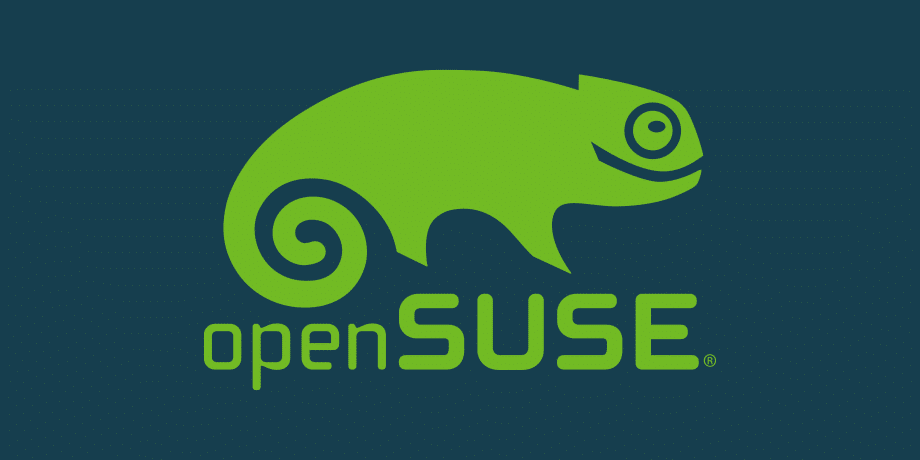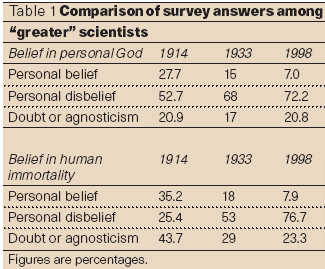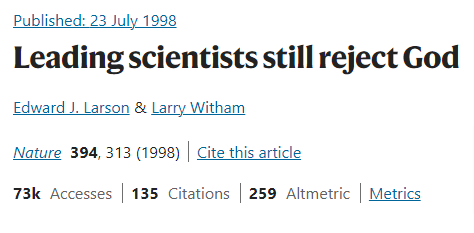-
Posts
15,411 -
Joined
-
Last visited
-
Days Won
1
Content Type
Events
Forums
Downloads
Quizzes
Gallery
Blogs
Everything posted by GammaGlobulin
-
He did a surprisingly good job when he interviewed my fellow-alumnus Elon. Really he did great. Such a change from his normal self. You can watch the interview by looking on YT for Musk's interview with Piers. Really nice job, and better than most.
-
This link is actually rather good. So, the BBC is obviously still good for many things. (I wonder if the guy in the photos doing planks might be the BBC's wine editor.)
- 1 reply
-
- 2
-

-

-
Here is a clear and concise answer to the main question posed in the OP: "‘Asahna Bucha’ Day, also known as ‘Asalha Puja,’ or ‘Dhamma’ Day, depending on which region you’re observing it in, is a Buddhist festival celebrated on the full moon of the eighth lunar month. Usually, this falls in July of every year. This religious festival honors the Buddha and commemorates his first-ever sermon and the establishment of the Buddha’s ‘sangha’ — known as the ‘Four Noble Truths.’ ‘Dukkha’ (suffering), ‘tanhā’ (craving), ‘nibbāna’ (the state beyond the challenges mentioned), and the eight-fold path, which is the route to ‘nirvana,’ make up the noble truths. Buddha’s sermon in which he outlined these teachings became known to his followers as the setting in motion of the “Dhamma,” which is a crucial concept with multiple meanings in the Theravada Buddhist faith. This first sermon, which outlines Buddha’s first structured discourse following his enlightenment, contains the essence of all his subsequent teachings. After he delivered his sermon leaving his followers speechless and contemplating, one of the participants requested to be a disciple. Buddha granted him that honor and, in doing so, established the first order of monks." https://nationaltoday.com/asahna-bucha-day/#:~:text='Asahna Bucha' Day%2C also,in July of every year.
-
I like Scotsmen but No True Scotsman does NOT apply in this case: A scientist is one who follows the principles of Science, and the process of science which definitely does include the Scientific Method. A pseudo-scientists who calls himself a scientist is free to do what he chooses; however he is NOT a scientist unless he follows the principles and processes of Science....which DOES include the Scientific Method. This is fundamental. And, here, we are NOT speaking of "PURITY", or degrees of the Scientific Method. THIS is why your argument has NO relevance to my statement which you quoted, which is "It is my opinion that any scientist who truly believes there is a god is ipso facto NOT a scientist, but something else. And that, furthermore, that "something else" is a stain upon the very name of Science!" So, "how is science different from other ways of describing and explaining nature, such as philosophy or religion? Those endeavors also seek to make sense of the world around us, and they often play an important role in society. But the scientific view of the world is based on hypothesis testing and verifiable evidence. Indeed, one of the distinguishing characteristics of science is the willingness to follow the evidence—and to correct itself when new evidence is found." (Campbell Biology)
-
As for Einstein: When he uttered, "God does not play dice with the universe.", he was NOT speaking of GOD in the "literal sense", and ALL scientists realize this. "One of Albert Einstein's most famous quotes is, "God does not play dice with the universe." But there are two huge errors in the way many people have interpreted this quote over the years. People have wrongly assumed Einstein was religious, believed in destiny, or that he completely rejected a core theory in physics. First, Einstein wasn't referring to a personal god in the quote. He was using "God" as a metaphor." (https://www.businessinsider.com/god-does-not-play-dice-quote-meaning-2015-11) It's just INCREDIBLE how NAIVE some people (so many people) can be!!!!
-
Your statement is COMPLETELY FALSE!!!!!! Bohr was a complete atheist! "Bohr enjoyed Kierkegaard's language and literary style, but mentioned that he had some disagreement with Kierkegaard's philosophy.[87] Some of Bohr's biographers suggested that this disagreement stemmed from Kierkegaard's advocacy of Christianity, while Bohr was an atheist." (https://en.wikipedia.org/wiki/Niels_Bohr#:~:text=Bohr enjoyed Kierkegaard's language and,while Bohr was an atheist.)
-
This OLD DEBATE about there being any SIGNIFICANT difference between an agnostic and an atheist is already just pointless. As everybody knows, there is still great stigma attached the word "atheist", and therefore it is just a matter of convenience for some to admit to being an agnostic when, actually, they DO NOT BELIEVE in a god, or gods... But of course, we know their true position.
-
Well, I guess most guys on this forum are old enough to clearly recall this great article published in the journal, Nature, in 1998: "Sir The question of religious belief among US scientists has been debated since early in the century. Our latest survey finds that, among the top natural scientists, disbelief is greater than ever — almost total." You can find all the above in the Nature article here: https://www.nature.com/articles/28478 And, My Fellows... This article is 25 years OLD! Obviously, the trends are going in just one direction, as you can plainly see. These days, among scientists, it's about 99% agnostic/atheist, if I am not mistaken. I will post the corroborating newer article as soon as I find it.







